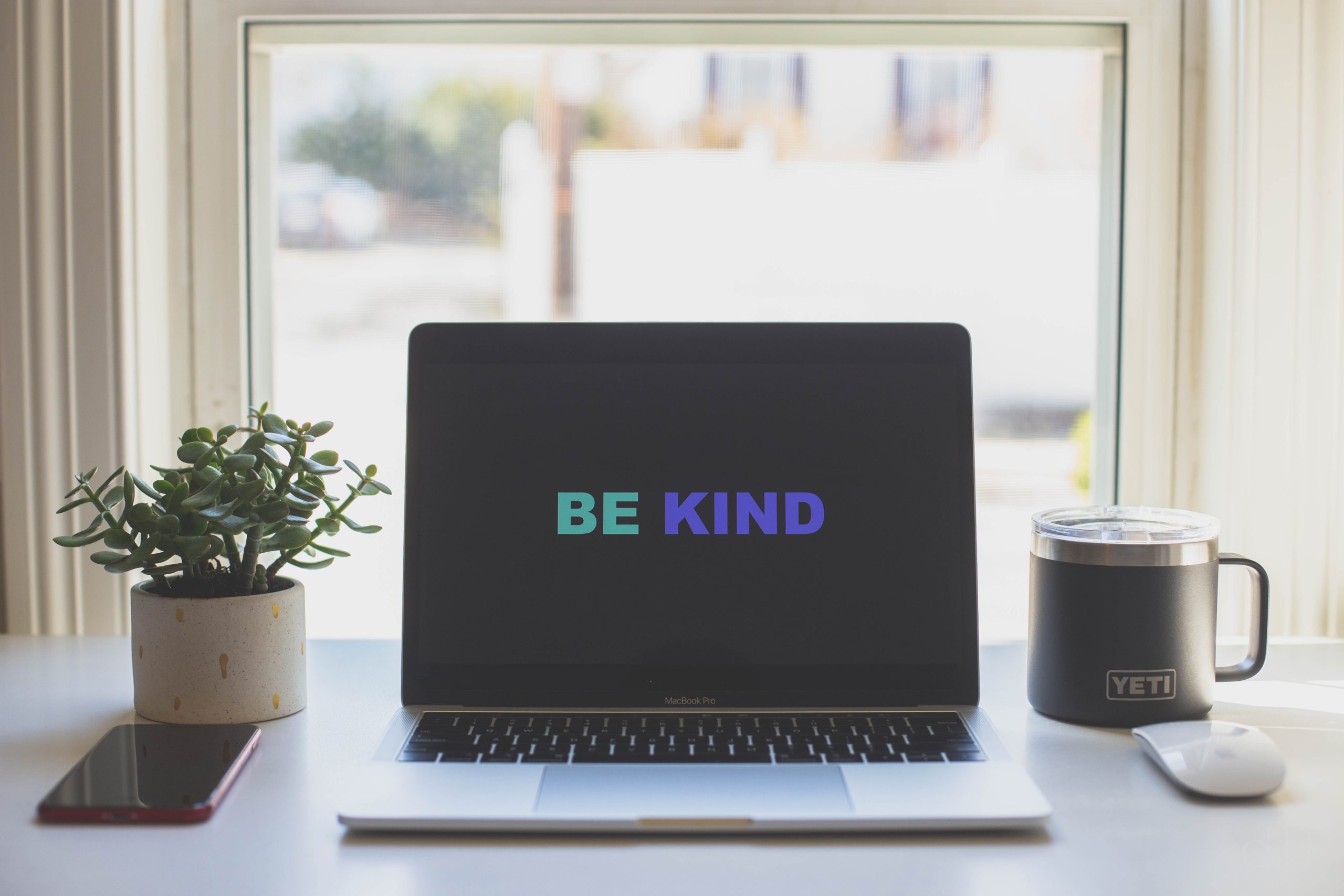Showing a little kindness to others does a lot more than making you feel good about yourself. As it turns out, compassionate acts also benefit your health!
The euphoric feeling from doing a good deed – commonly known as the helper’s high – triggers physiological processes associated with positive, highly desirable health outcomes.
Research has shown that kindness:
- Lowers stress
- Strengthens the immune system
- Increases levels of the hormone oxytocin, which is associated with self-esteem
- Increases happiness due to release of our body’s own feel-good substances, endorphins
- Decreases pain (also a result of endorphins).
- Increases serotonin production, lowering feelings of depression
- Increases energy
- Decreases anger and anxiety
But wait – there’s more…
Kindness is – literally – good for your heart
The aforementioned oxytocin does more than boost self-esteem. Its release results in the dilatation of blood vessels. And when vasodilation occurs, blood pressure decreases – a physiological change having a protective effect on the cardiovascular system.
Oxytocin also reduces inflammation and free radicals – unstable molecules that damage cells throughout the body. Besides being major factors in the development of heart disease, both are known to contribute to aging.
Kindness makes your heart strong and keeps you young.
Kindness is contagious
Interestingly, the physiological and mental effects of performing an act of kindness make you feel as if you were the recipient.
Another “side effect” is that witnesses to that kindness both experiences some happiness, and are more likely to act compassionately themselves – “paying it forward”, if you will. A single act of kindness essentially goes viral! Kindness begets kindness.
Teach yourself to be kind
You might think that giving a bit of yourself to others is not something that comes naturally to you. Research, however, shows people can “rewire” their brains and teach themselves to inject more kindness into their daily lives. Moreover, it gets easier with practice.
Techniques that can help you “train” yourself include:
- Loving-kindness meditation (LKM), in which you spend a few minutes thinking positive thoughts about people you know.
- Setting personal goals: Be it smiling at or greeting strangers, holding a door open for someone, or merely thanking others, just do it!
- Focusing on gratitude: Reflect on everything you should be thankful for. Keeping a journal for this can help.
For more information on incorporating kindness into your daily life, visit:
https://www.randomactsofkindness.org/the-science-of-kindness
